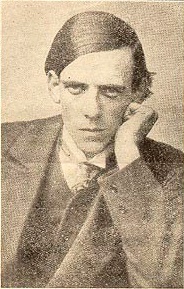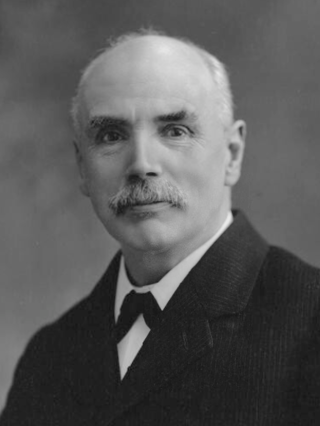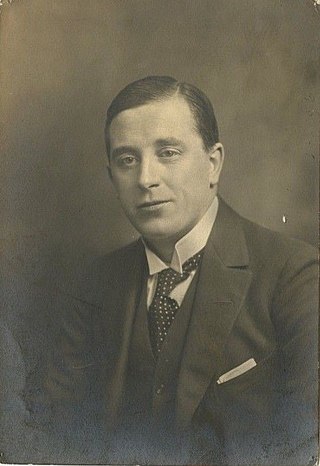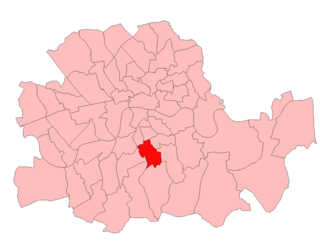The National Party of Scotland (NPS) was a centre-left political party in Scotland which was one of the predecessors of the current Scottish National Party (SNP). The NPS was the first Scottish nationalist political party, and the first which campaigned for Scottish self-determination.

The Independent Labour Party (ILP) was a British political party of the left, established in 1893 at a conference in Bradford, after local and national dissatisfaction with the Liberals' apparent reluctance to endorse working-class candidates. A sitting independent MP and prominent union organiser, Keir Hardie, became its first chairman.

James Maxton was a British left-wing politician, and leader of the Independent Labour Party. He was a pacifist who opposed both world wars. A prominent proponent of Home Rule for Scotland, he is remembered as one of the leading figures of the Red Clydeside era. He broke with Ramsay MacDonald and the second minority Labour government, and became one of its most bitter critics. As the leader of the Independent Labour Party (ILP), he disaffiliated the ILP from the mainstream party in 1932. Afterwards, he became an independent dissident outside front-line politics.

George Nicoll Barnes was a British Labour Party politician and a Leader of the Labour Party (1910–1911).

The first Highland Land League emerged as a distinct political force in Scotland during the 1880s, with its power base in the country's Highlands and Islands. It was known also as the Highland Land Law Reform Association and the Crofters' Party. It was consciously modelled on the Irish Land League.

The Scottish Protestant League (SPL) was a far-right political party in Scotland during the 1920s and 1930s. It was led by Alexander Ratcliffe, who founded it in 1920.

Sir William Sutherland, KCB, PC was a Scottish civil servant, Liberal Party politician and colliery owner. He was closely associated with Prime Minister David Lloyd George serving as his private and press secretary and later as his Parliamentary Private Secretary. He was one of Lloyd George's go-betweens in the sale of honours for the Lloyd George Fund. In his dealings with the press he would certainly have been labelled a spin doctor if that phrase had had currency in the early twentieth century, indeed he has recently been described as "the first of the modern spin doctors".
The 1920 Argyllshire by-election was a parliamentary by-election held for the British House of Commons constituency of Argyllshire on 10 March 1920.

James Falconer was a Scottish solicitor and Liberal Party politician.

Thomas Atholl Robertson was a Scottish fine arts printer and publisher and Liberal politician.
James Dundas White, known as J. D. White, was a Scottish Liberal Party politician. He was Member of Parliament (MP) from 1906 to 1918, with a short break in 1911.

Colonel Sir George McCrae was a Scottish textile merchant and Liberal Party politician. In Scotland he is best remembered for the creation of McCrae's Battalion, also known as the Second Edinburgh Pals Battalion and (officially) the 16th Battalion Royal Scots.

The 1945 Chelmsford by-election was a parliamentary by-election for the British House of Commons constituency of Chelmsford, Essex on 26 April 1945.

Robert Leonard Outhwaite,, known as R. L. Outhwaite, was a radical British Liberal Party politician, Member of Parliament and leading advocate of land reform.

The 1920 Camberwell North West by-election was a parliamentary by-election held for the British House of Commons constituency of Camberwell North West in the South London district of Camberwell on 31 March 1920.

Helen Miller Fraser, later Moyes, was a Scottish suffragist, feminist, educationalist and Liberal Party politician who later emigrated to Australia.
The Scottish Socialist Party (SSP) was an organisation of former Independent Labour Party members who wished to remain part of the Labour Party after their former party disaffiliated.
Sir John Charles Watson, was an advocate and sheriff from Scotland. He served from 1929 to 1931 as Solicitor General for Scotland in Ramsay MacDonald's second Labour Government.













